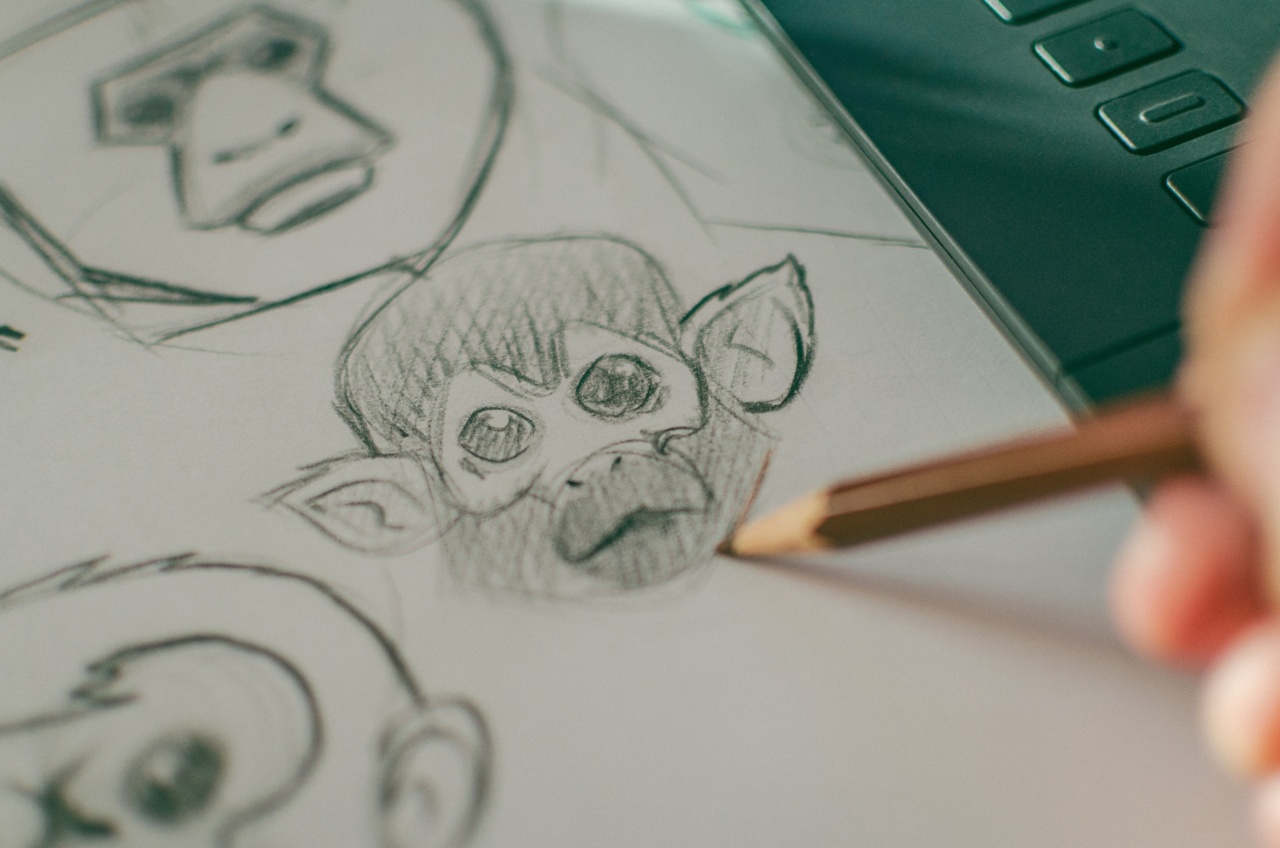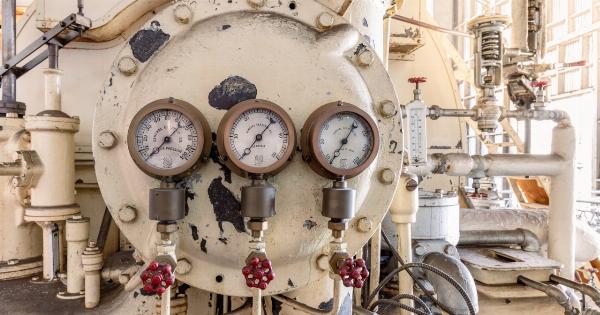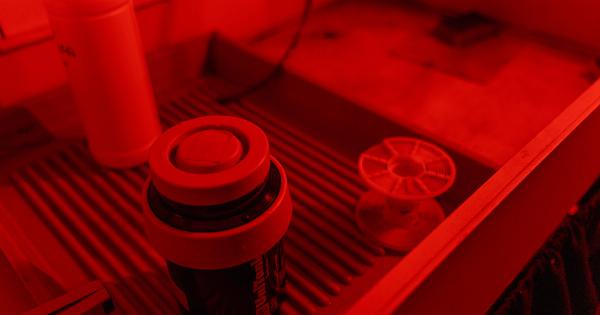Scientists around the world are always on the lookout for groundbreaking researches that could change the world. Latest among such groundbreaking researches is the successful creation of “chimeras” by mixing human and monkey cells.
What are Chimeras?
Chimeras are organisms that contain cells from two or more individuals. In simple terms, it can be defined as an organism consisting of two or more individuals, each with a unique genetic makeup.
Chimeras occur naturally in some species, including plants and animals.
The Process of Creating Chimeras
The process of creating chimeras involves injecting human stem cells into the embryos of another animal species. In the case of the current research, monkey embryos were used for the purpose.
The human stem cells started to grow and form tissues in the monkey embryo, resulting in a hybrid organism – a chimera.
The Significance of Creating Chimeras
The creation of chimeras could have a significant impact on medical research. By creating chimeras, scientists can study how diseases develop and progress in humans.
They can also test new drugs and treatments on these hybrid organisms before moving on to human clinical trials. Additionally, chimeras could help in the development of human organs for transplantation, as the hybrid organisms are more closely related to humans than to any other animal species, thus increasing the likelihood of successful transplantation.
Controversy Surrounding the Creation of Chimeras
The creation of chimeras is not without controversy. Critics of the research argue that it is unethical to mix human and animal DNA, as it could lead to the creation of new life forms.
They also argue that creating human-animal hybrids could blur the lines between species and could result in a loss of respect for the sanctity of life. Others argue that it is morally wrong to experiment on animals, especially if the experiments could cause them pain and suffering.
What’s Next for the Research?
Despite the controversy surrounding the creation of chimeras, the research is likely to continue. The potential benefits of the research are just too significant to ignore.
Scientists will continue to study the chimeras to see how the human cells develop in the monkey embryos. They will also examine the immune systems of the hybrid organisms to see how well their bodies respond to human diseases and treatments.
The research could result in groundbreaking advancements in the field of medicine, including the development of new treatments for diseases.
Final Thoughts
The creation of chimeras has been successful, and it could have a significant impact on medical research. While the research remains controversial, there is no denying the potential benefits of studying hybrid organisms.
The research could lead to breakthroughs in the field of transplantation, disease treatment, and drug development. The key is for scientists to conduct the research ethically and with respect for the sanctity of life.






























